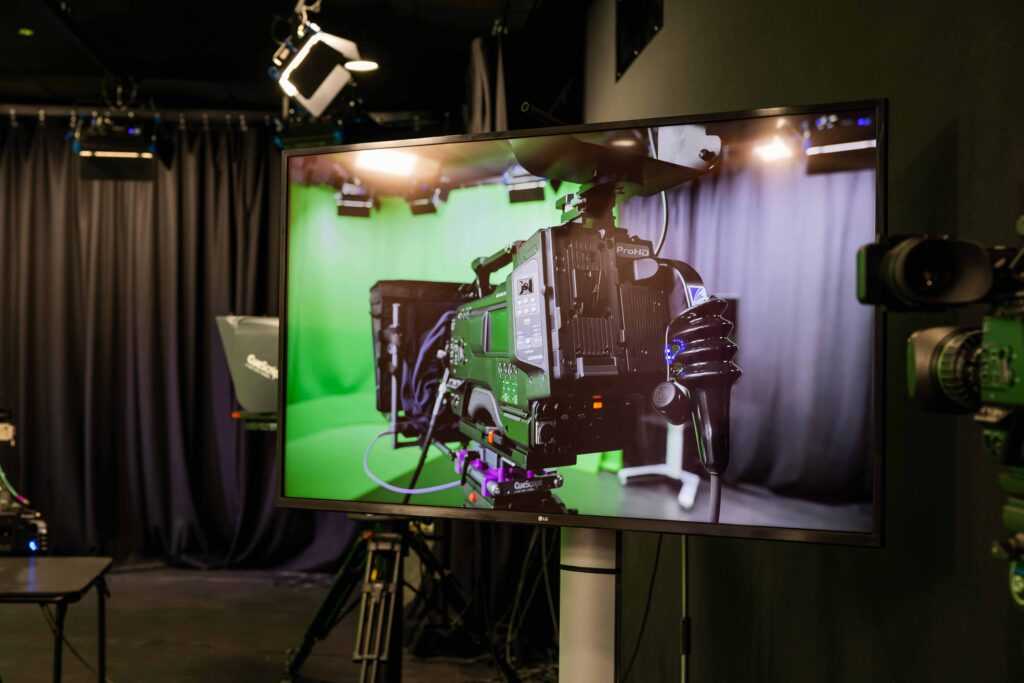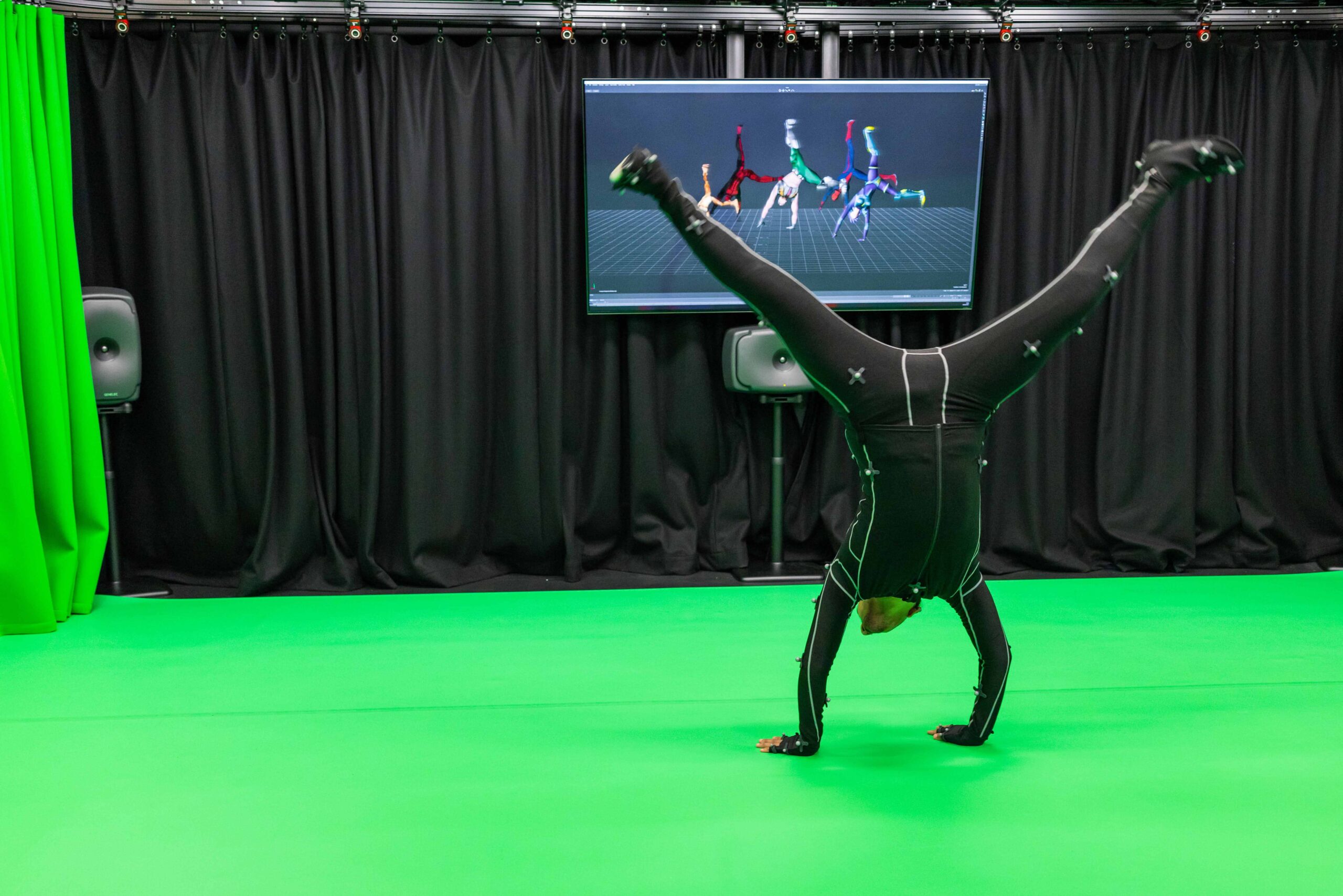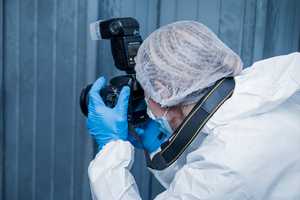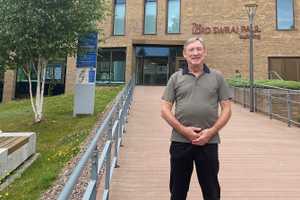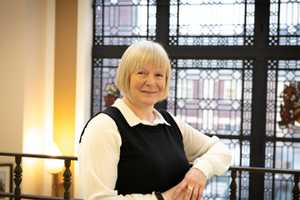State-of-the-art facilities have been created to support and develop an exciting range of courses delivered by Wolverhampton Screen School, including multimedia journalism, film and TV production, computer games design and animation, to address the shortage of graduate skills in such creative industries both locally and nationally.
Improvements to the School of Pharmacy facilities as part of a £3 million refit include an extension of the existing practice suite offering a flexible working space for students. A new dispensary has been created alongside a new study area for postgraduate students and counselling rooms for the development of clinical and counselling skills. Two new meeting rooms, reception area and multi-purpose, flexible teaching space accommodate up to 120 students completes the work.
The ambitious Screen School project, carried out by Willmott Dixon Interiors, included University of Wolverhampton School of Architecture and Built Environment graduates Steve Quarless and Jessica Pugh on the project team.
Steve, senior build manager, studied a MSc Construction Project Management 15 years ago.
He said: “I think the Screen School is going to be really great. There will be a lot more equipment available for the students to use and the facilities themselves look like they will be amazing. I think it will improve the campus experience no end – the students will have an excellent facility to use.
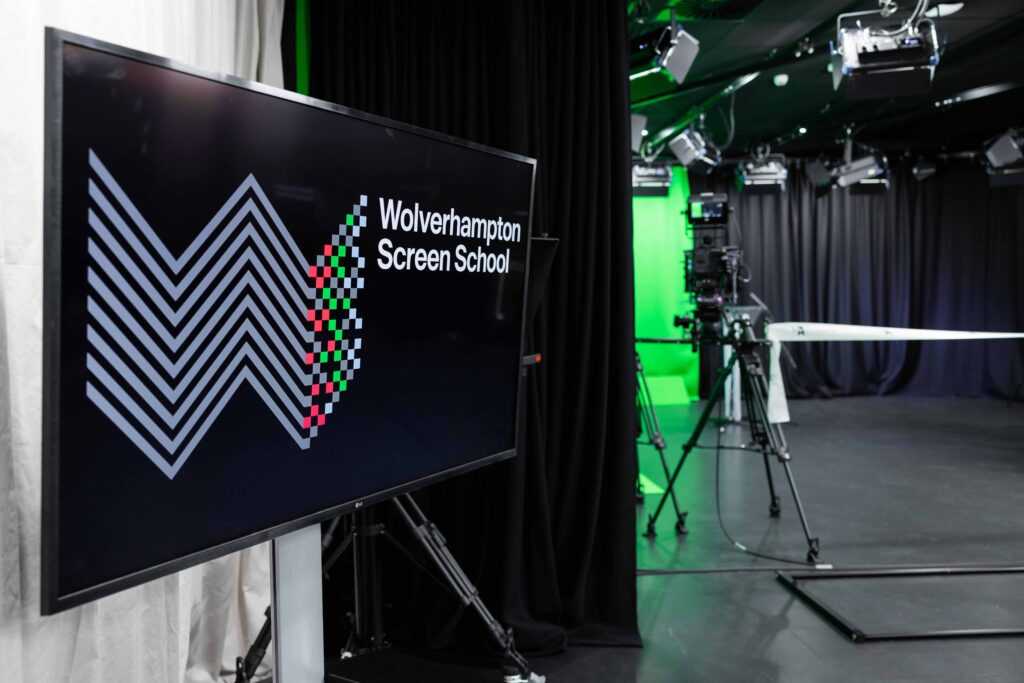
I am over the moon with the new Screen School, especially given the overwhelming challenges of delivering such an impressive building project.
“The specification of the equipment that is being installed means that they will have the opportunity to be at the cutting-edge of the screen and filming industry.
“Gaining my qualification at the University has helped me in terms of the skills I gained and it is very good gauge of the type of person you are and where you want to go. It has definitely benefitted my career.”
Jessica studied for a Higher National Certificate (HNC) in Building Studies and graduated in 2019. She works as an estimator and priced the building works on the project.
Jessica says: “I had a good experience at the University and learned a lot about law and contracts which was my area of specialism. You can’t do this work without the relevant qualifications and my qualification really helped me with soft skills too.
“It’s nice to come back to somewhere you know, there’s a great synergy there.”
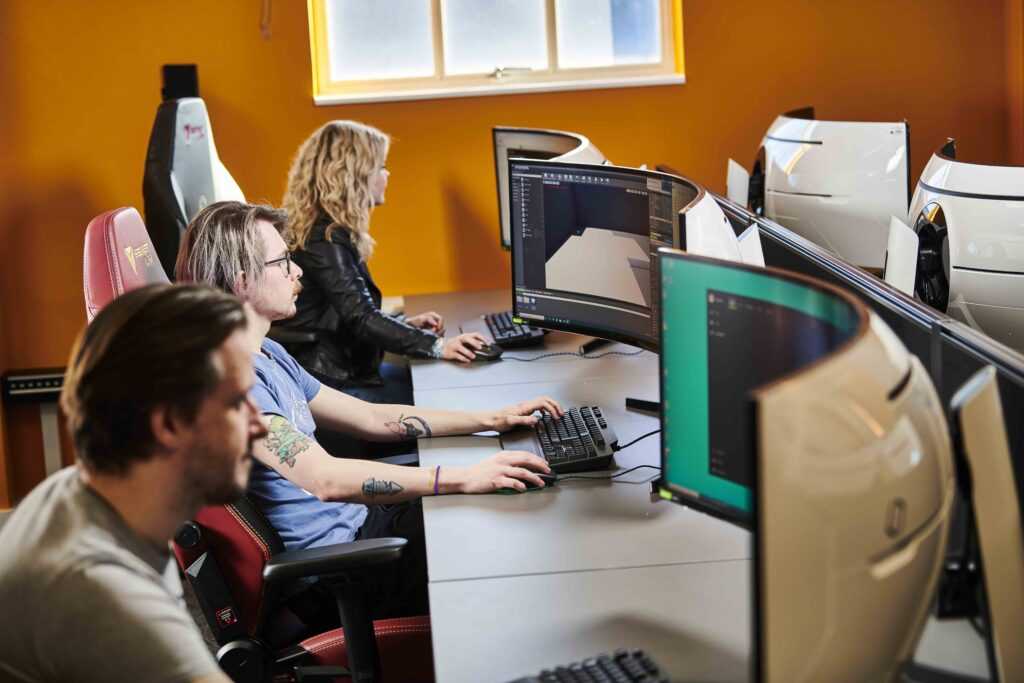
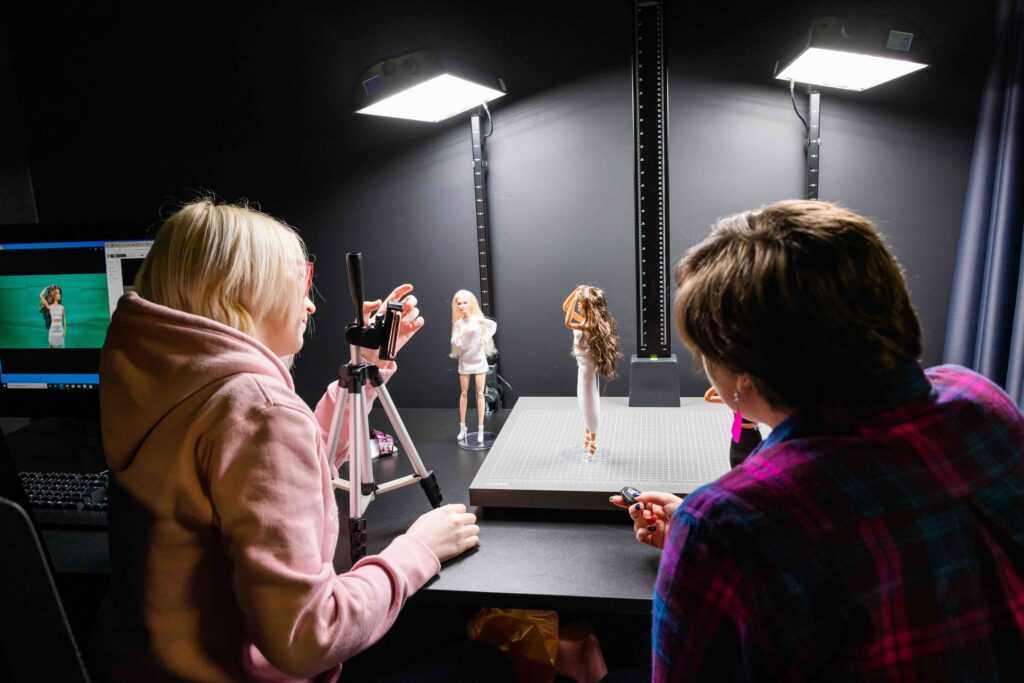
The completion of the Screen School prompts a range of emotions for Dr Pritpal Sembi, deputy head (media) of Wolverhampton School of Art. As a graduate of the University himself, he’s incredibly proud of the new facilities and the opportunities they’re already opening in a rapidly developing sector.
“I attended the University of Wolverhampton as a student of media in the early ‘90s. Little did I know that almost 30 years later I would be academic lead for the latest phase of media provision here. I am over the moon with the new Screen School, especially given the overwhelming challenges of delivering such an impressive building project, on budget, during a particularly debilitating pandemic.
“As a widening participation undergraduate student, I am immensely proud to now be involved in a project with such an important and exciting trajectory.
“Following the Screen School’s official launch, my inbox has been inundated with well-wishers, colleagues and industry partners seeking to work collaboratively with us. I genuinely believe that the Screen School is in the right place at the right time to stimulate a new era of screen-based digital skills within this region and beyond.
“What is crucial to me (and why I work so tirelessly in my role) is that I want everybody to have the opportunity to shape media content in all its manifestations. The University is at the forefront of raising student aspirations, and our new Screen School is a crucial strategic hub for realising this very worthwhile ambition. The relocation of BBC into Salford, Channel 4 moving to Leeds and the very recent expansion of production in BBC Birmingham reinforce the idea of diversification through regional engagement. We are strategically, geographically and ideologically aligned to deliver sustainable regional engagement through our new Screen School.”
The facilities include a radio studio reflecting the layout of BBC local stations, a new TV studio – complete with green screen and control room - editing suites, a foley room for sound work and a motion capture suite. The sound recording room and games base room with consoles are ideal for Esports events, whilst the dedicated gaming PCs allow the latest creations to be tried and tested.
The new £5 million Screen School facilities and £3 million pharmacy facilities were official unveiled at a special event on Thursday 10th March 2022.
I genuinely believe that the Screen School is in the right place at the right time to stimulate a new era of screen- based digital skills within this region and beyond.
